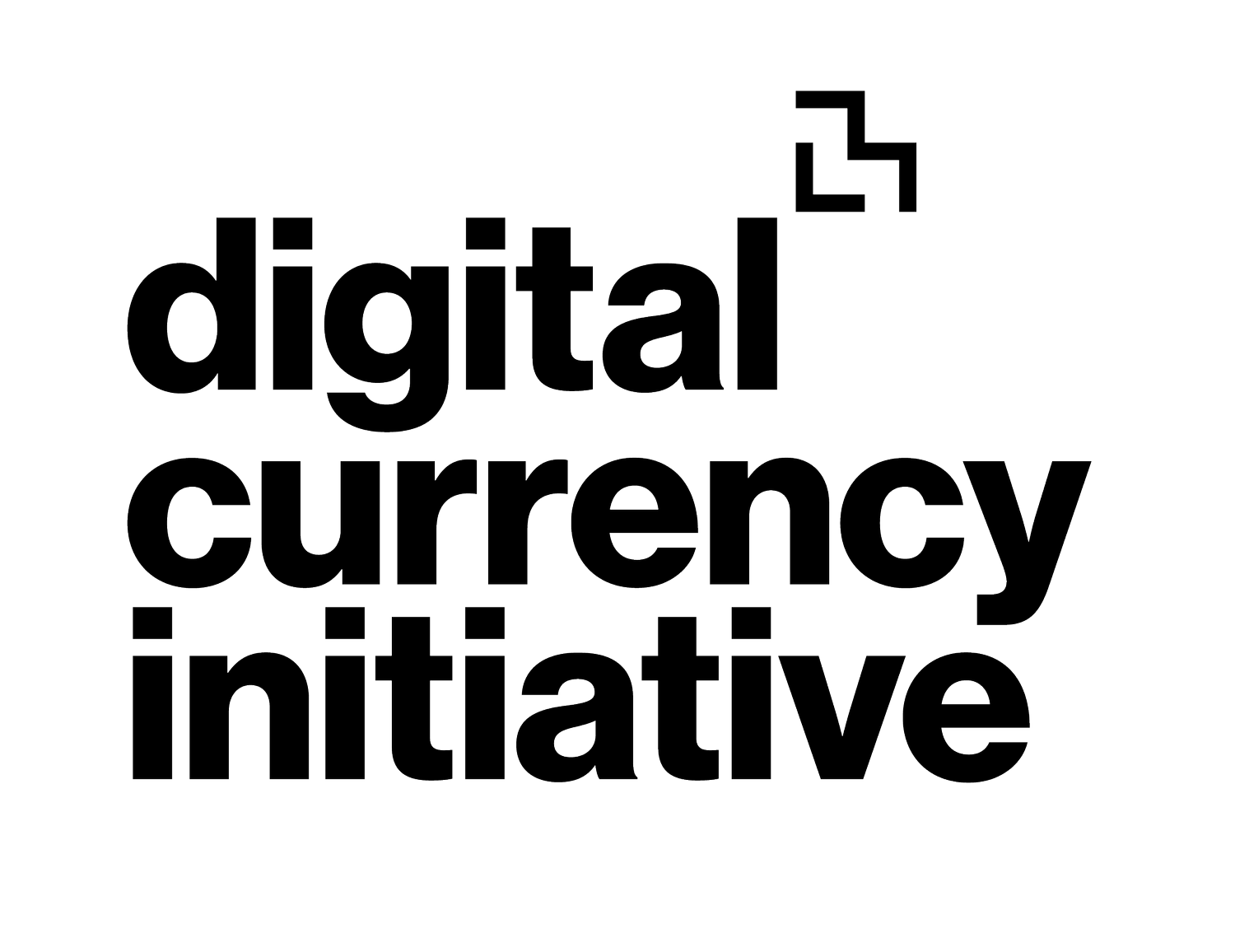DCI Newsletter Issue #9 - Q4 2020
Dear Friends & Colleagues,
First off, huge congratulations to DCI Senior Advisor Gary Gensler who has been nominated by President Biden for Chair of the Securities and Exchange Commission. We’ve been incredibly lucky to work closely with Gary over the last three years, and even had the honor of having him as a student in our Cryptocurrency Engineering and Design course in Spring 2018. Our conversations on finance and technology have given me a new perspective on the potential to improve financial infrastructure, especially how to do so responsibly and ethically. Subject to confirmation, Gary will face a host of interesting new challenges technology has created for our financial system. Until then, MIT students still have the (highly recommended) opportunity to learn from Gary as he continues to be one of the faculty leads for Blockchain Lab (MAS.S68/15.217) and will be teaching Crypto Finance (15.492) once again this spring. His course Blockchain and Money (15.S92) is available on MIT’s OpenCourseWare.
DCI is currently focusing our attention on two core areas of research: the long-term security of Bitcoin and designing central bank digital currency in service of a more accessible and resilient economy.
Our CBDC research collaboration with the Federal Reserve Bank of Boston is firing on all cylinders as we prepare to release joint work this summer. Recently, Jim Cunha of the Federal Reserve Bank of Boston spoke about our work together at the Digital Monetary Institute, highlighting how important it is to set a responsible research cadence by rigorously evaluating tradeoffs and risks.
This spring we’re rapidly expanding our Bitcoin security team. It is still an open, and incredibly exciting, question if decentralized systems can withstand attacks at the level of a well-resourced actor: Despite 12 successful years, we can’t really say Bitcoin can until it has truly been tested. To me, this is the core question of decentralized systems. If this also excites you, consider working with us as we engage in short- and long-term engineering and research to understand and improve the security of the Bitcoin network.
Part of digital currency’s long term success relies on creating the appropriate regulatory frameworks. Patrick Murck, CTO of Transparent Systems and a fellow at the Berkman-Klein Center at Harvard, and I wrote a response to FinCEN’s recent NPRM in our personal capacity (we are not speaking on behalf of any organizations with which we are affiliated). Importantly, we point out that the definition of an address in FinCEN’s notice is limiting and assumes an address can be mapped to a single person or organization.
Thanks as always for your curiosity and collaboration, and a special thank you to our annual funders for their support. Our research is rapidly expanding and being supported by a growing number of companies and individuals. We look forward to sharing more soon. In the meantime, please let us know if you have any feedback, ideas, or questions. We’d love to hear from you!
Cheers,
Neha
